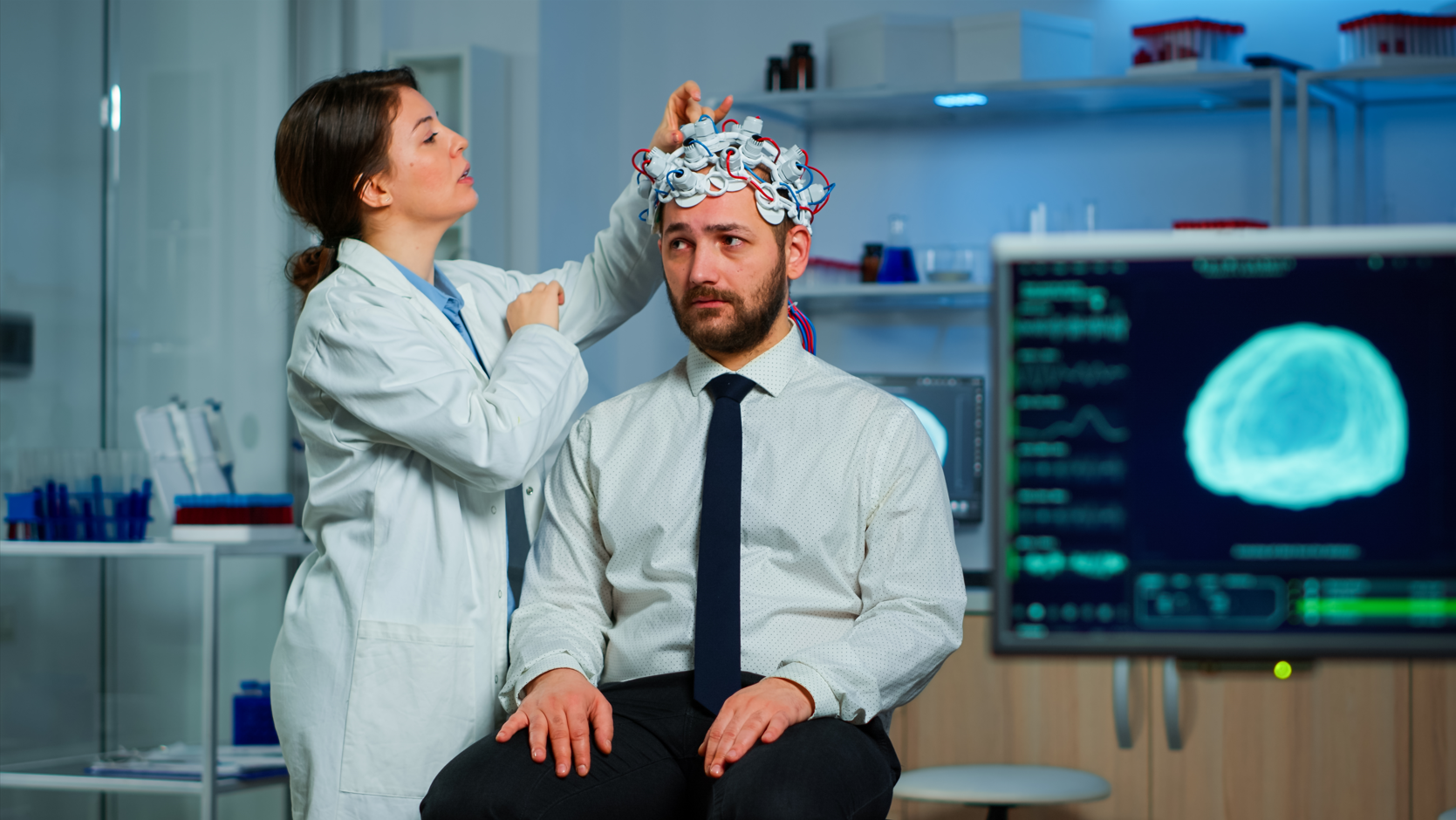CPT works by helping the client gain a more balanced understanding of the traumatic event, its impact on their life, and how to cope with the effects of trauma. In each session, therapists will guide their clients through the cognitive processing of the trauma experience.
Clients are encouraged to explore their feelings and thoughts about the trauma, and to examine how these experiences have shaped their beliefs and behaviors. Therapists help clients to identify irrational or distorted beliefs associated with their traumatic experience, such as blaming themselves for the event or believing that it was their fault for not preventing it.
This helps them gain new insight about the event and its impact on their life. By challenging distorted thoughts and beliefs, clients can learn to develop adaptive coping strategies for managing the physical and psychological symptoms of PTSD.
As part of CPT, clients are taught mindfulness and relaxation techniques to help them better manage difficult emotions, such as anxiety or fear, in the present moment. In addition, clients receive guidance in developing safety skills that help them cope with potential triggers and flashbacks.
CPT is designed to be short–term therapy, typically lasting 12–16 weeks. During treatment, clients make progress in processing the traumatic event and developing healthier ways of thinking and responding to stressful experiences. CPT has been shown to reduce PTSD symptoms, depression, and anxiety and improve functioning and quality of life.
Overall, Cognitive Processing Therapy is an evidence–based form of psychotherapy that is designed to help individuals process and make sense of traumatic experiences. It helps clients move away from irrational thoughts and beliefs associated with the event and to find more adaptive ways of coping with distress. Through CPT, individuals can gain valuable insight and develop techniques for managing the lingering effects of traumatic events.
In addition to individual therapy, CPT is also available in group formats. Group CPT is an effective form of psychotherapy that helps individuals learn to process their trauma experiences while providing support and guidance from group members.
In group CPT, individuals share their reactions and experiences related to the trauma with one another as they work together to overcome their symptoms. CPT is also useful for treating specific types of trauma, such as military–related traumas, sexual assault and interpersonal abuse.
Research has found that CPT can effectively reduce PTSD symptoms among survivors of these types of traumatic events. For anyone struggling with the lingering effects of a traumatic experience, Cognitive Processing Therapy offers a way to gain insight, move forward, and better cope with stress. If you believe that CPT can help you cope with the emotional and psychological effects of trauma, consider speaking to your healthcare provider about treatment options.




















